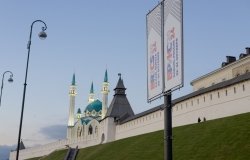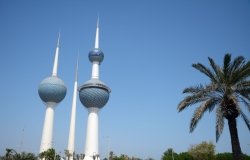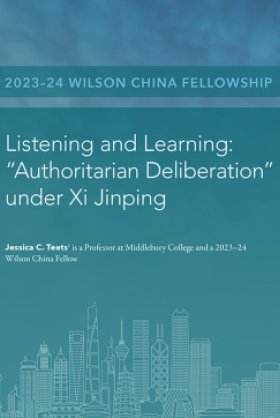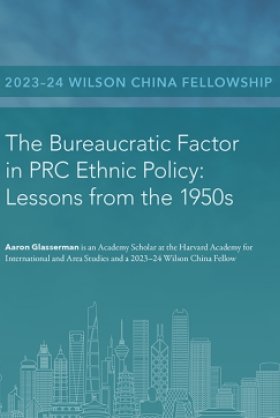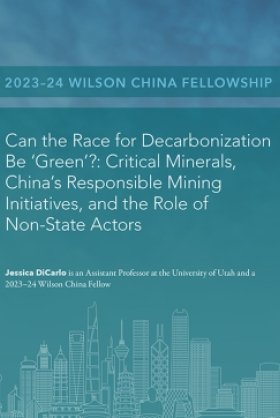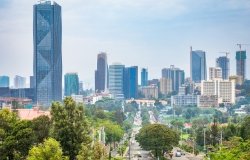#93 The Authoritarian Regime at the Crossroads: The Brazilian Case
By Fernando Henrique Cardoso
Following a brief discussion of recent literature concerning authoritarianism, the paper examines the dynamics of Brazil's authoritarian regime "after culmination of the integrationist industrializing model." Beginning in 1968, a regime with a "conservative-liberal" ideology of modernization gave way to a new hybrid regime--one which established the institutions of a bureaucratic-authoritarian state but which did not, or could not, eliminate the institutions proposed by the earlier "conservative-liberal" model of post-1964 authoritarianism (including a congress, parties, and ritual elections, as well as the principle of political competition).
Initially, this division among the dominant forces--between those elements favoring conservative restricted democracy and those favoring authoritarian repression--was obscured by the "miraculous" functioning of the Brazilian economy and the authoritarian road's successes in integrating Brazil into the international capitalist development process. When the global commercial and energy crises of the 1970s brought on economic decline, however, conciliation and accommodation among the divergent elites gave way to new tensions. Utilizing the openings which the regime's hybrid nature provided for "internal protest," the spokesmen for "conservative-liberal" ideology gained ground. There then followed the "decompression" effort, the movement toward "controlled liberalization," and a general attempt to transform the authoritarian order in the direction of a restricted democracy with ultra-conservative political bases (rather than toward a democracy of the masses).
Finally, the paper addresses the dilemmas which the present situation offers--a situation in which an authoritarian regime is endeavoring to "liberalize" politically, while at the same time maintaining solid political and social control, all in the face of continuing economic problems. It concludes by questioning whether a controlled and restricted "opening" will be able to "contain" emerging political pressures or the process of social struggle.
Related Programs

Latin America Program
The Wilson Center’s prestigious Latin America Program provides non-partisan expertise to a broad community of decision makers in the United States and Latin America on critical policy issues facing the Hemisphere. The Program provides insightful and actionable research for policymakers, private sector leaders, journalists, and public intellectuals in the United States and Latin America. To bridge the gap between scholarship and policy action, it fosters new inquiry, sponsors high-level public and private meetings among multiple stakeholders, and explores policy options to improve outcomes for citizens throughout the Americas. Drawing on the Wilson Center’s strength as the nation’s key non-partisan policy forum, the Program serves as a trusted source of analysis and a vital point of contact between the worlds of scholarship and action. Read more

Brazil Institute
The Brazil Institute—the only country-specific policy institution focused on Brazil in Washington—aims to deepen understanding of Brazil’s complex landscape and strengthen relations between Brazilian and U.S. institutions across all sectors. Our mission is to provide thoughtful leadership and innovative ideas to help democracies evolve and enhance their capacity to deliver results. We achieve this by producing independent research and programs that bridge the gap between scholarship and policy, while serving as a hub for policymakers, scholars, and private sector leaders. Read more



